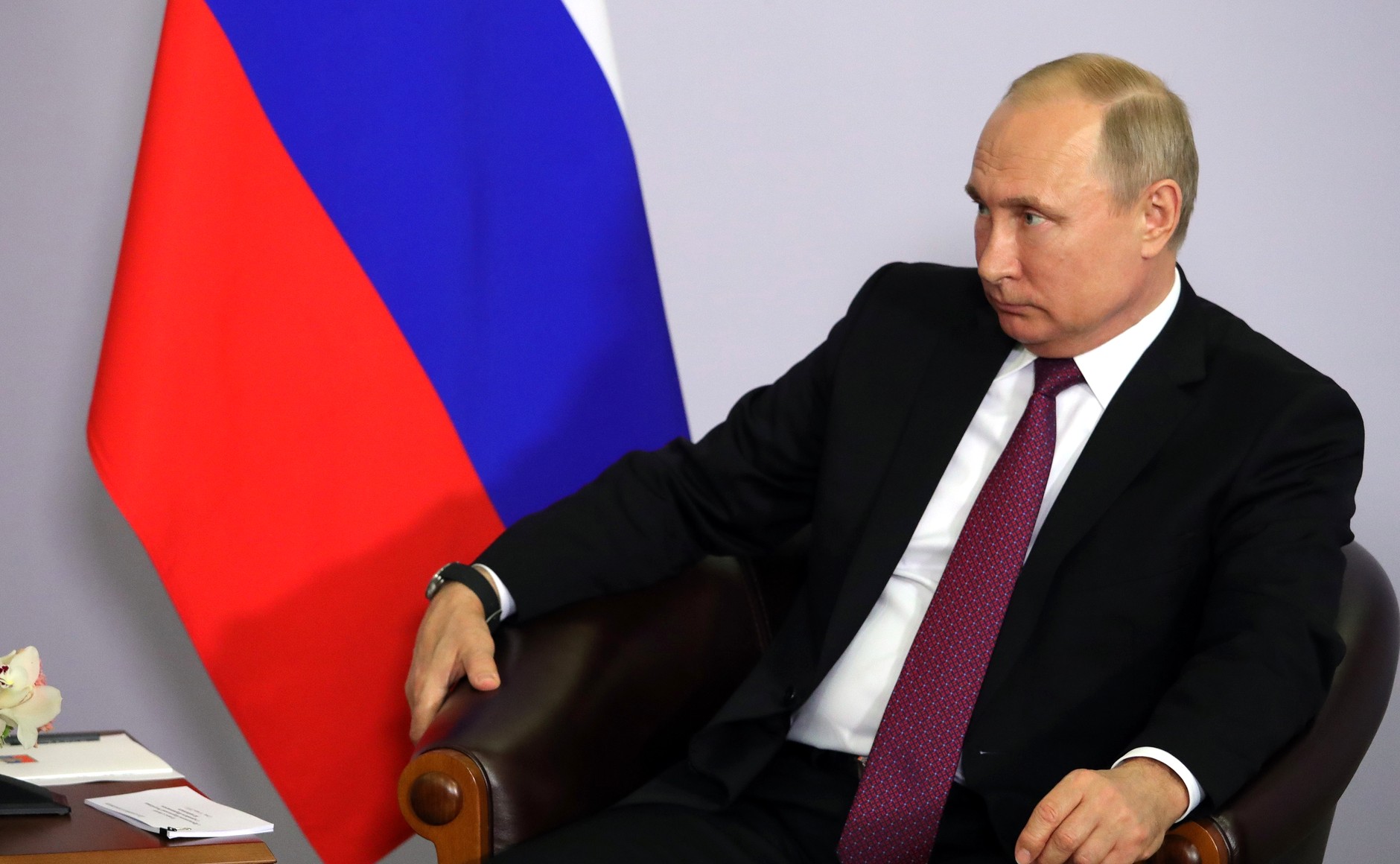What does the EU agreement on the price cap of Russian oil provide?

The European Union has reached an agreement on the price cap of Russian oil of 60 dollars a barrel. But Poland and the Baltic countries consider it ineffective – that's why
In a few days, on December 5, the European Union's ban on the purchase of Russian crude oil transported by ship, the most widely used method of import (in about 90 percent of cases) in the Old Continent, will come into force.
WHAT THE PRICE CAP FOR RUSSIAN OIL IS FOR
The embargo will not be total, but limited to those barrels of Russian origin imported at a price above a certain threshold: the European Union therefore intends to impose a ceiling on the price ( price cap ) of Russian oil.
The idea was originally developed by the G7 to prevent Moscow from obtaining large revenues from exports without, however, restricting too much the availability of crude oil on the markets, which would drive up international prices.
THE (INTERIMATIONAL) AGREEMENT OF THE EUROPEAN UNION
European Union member countries reached an interim agreement on Thursday to impose a cap of $60 a barrel on Russian oil transported by ship. An adjustment mechanism will also be introduced to keep the cap value 5 percent lower than the market price of crude oil. The entire price cap will be reviewed every two months,
However, this is not a definitive agreement, which would require the approval of all European governments. Poland, in particular – on positions very hostile to Russia, and which would like an even lower price threshold – has not yet specified its support.
MARITIME TRANSPORT INSURANCE
A European price cap agreement would make it possible to continue importing Russian oil using the (most widespread) western services of shipping and insurance, provided, however, that the barrels were not purchased at a price higher than the agreed ceiling.
Turkey's new vessel traffic regulation for the Bosphorus and Dardanelles straits went into effect on 1 December: in order to cross them, shipping companies will now have to show documentation certifying the insurance coverage of their vessels and the cargo they carry .
Since insurance covers both oil spills from tankers and collisions between ships or with other objects, Turkey wants to guarantee three things: the protection of its waters from losses; navigation safety; the smooth conduct of maritime trade (if an uninsured vessel were to cause an accident with another, the comings and goings in the Turkish Straits could be blocked for days, with important economic repercussions).
THE G7 PROPOSAL
The G7 price cap proposal was 65-70 dollars a barrel, with no adjustment mechanism.
WHY POLAND, LITHUANIA AND ESTONIA OPPOSE
However, the G7 threshold was contested by Poland, Lithuania and Estonia, given that Urals quality Russian crude already trades at a lower price of 65-70 dollars a barrel: as Bloomberg writes, Urals crude at the port this week of Primorsk, on the Baltic Sea, traded at 45.3 dollars a barrel.
The three countries therefore argue that such a high price cap does not achieve the objective of depriving the Kremlin of the revenue necessary to finance the war on Ukraine.
This is a machine translation from Italian language of a post published on Start Magazine at the URL https://www.startmag.it/energia/unione-europea-price-cap-petrolio-russo-60-dollari/ on Fri, 02 Dec 2022 14:32:05 +0000.
